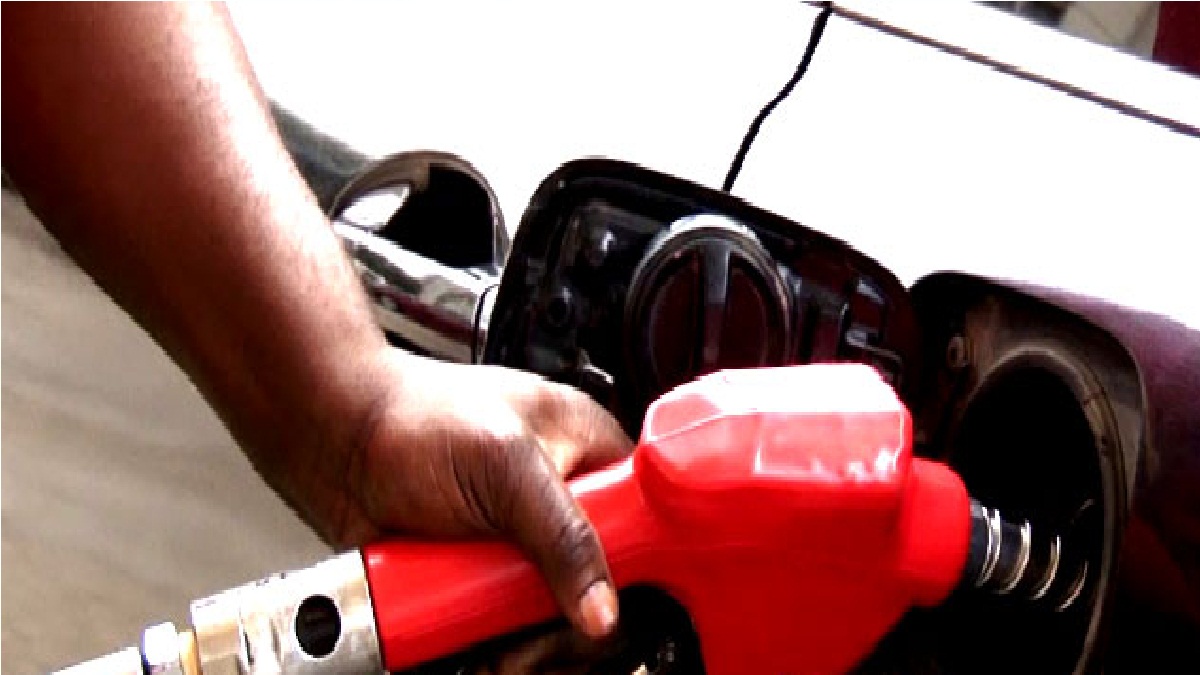Nigeria is facing a severe fuel crisis as many oil marketers have closed their outlets due to an unfavourable working environment. The scarcity of petrol and diesel has led to long queues, price hikes, and transportation challenges across the nation.
Newsflash Nigeria’s findings revealed that in Lagos, the queue at the retail outlet of the Nigerian National Petroleum Company (NNPC) Limited in King’s Way Road, Ikoyi, has extended to Mobolaji Johnson Avenue road while TotalEnergies at Eric Moore has locked its gate to motorists to avoid congestion.
Saitara Petroleum and Gas at Orile Iganmu has shut down its operations while Tinpet Nigeria Limited, which is trying to keep the lights on, has increased its petrol pump price to N605 per litre as at 01:14 pm today.
In Abuja, many marketers who were open have raised their pump price from N615 per litre to N625 per litre.
Matrix Energy Limited in Delta state announced today that the prices of petrol and diesel have moved to N598 and N958 per litre respectively.
Independent marketers have blamed this situation on the inability to import the product despite deregulation of the downstream sector due to market instability, bad roads and a shortage of foreign currency, with the price of a dollar currently trading for more than N1,045 on the black market.
Since NNPC is still the only importer of the product, it was gathered that it had supply. However, its affordability remains a challenge for smooth operations for marketers.
Abdulkadir Mustapha, the spokesperson of the Independent Petroleum Marketers Association of Nigeria (IPMAN) in Borno state, explained: “The problem is that most private depots are out of stock because they are supplied by NNPC. Since NNPC is the sole importer, the private depots from which independents purchase products also depend on NNPC for supplies. This setup also encourages profiteering.”
“We have had a difficult time picking products from NNPC in almost a week, which is why you are noticing this scarcity. The crucial aspect here is that, despite deregulation, NNPC remains the sole importer of PMS, with no other depot importing.”
“Some of NNPC’s portals have closed and are no longer issuing authority to lift to marketers in some of their portals.” This shows that there is a significant gap in the supply chain. However, the NNPC promised that they are expecting products and will feed us very soon.”
Mustapha also analysed the difficulties in distributing available products: “Fueling a diesel truck to take products from the depot of origin either Lagos to Maiduguri or Warri to Calabar to Maiduguri without servicing the truck and other minor and major repairs now cost N2 million.”
“This shows that per litre of petrol transportation to the far north is not less than N65 per litre.” According to his analysis, the total cost per litre of petrol will stand at N657 per litre without a return from the investment or profit for the investment of N29.6 million.
The fuel crisis is affecting the economy and the people in various ways. It is disrupting business activities, increasing inflation, reducing purchasing power, and causing hardship for commuters and travellers. It is also posing a threat to national security as some criminal elements may take advantage of the situation to cause unrest.
The government and stakeholders need to urgently address this issue and find lasting solutions to ensure adequate supply and distribution of fuel across the country. This will help restore normalcy, stability, and growth in Nigeria.
